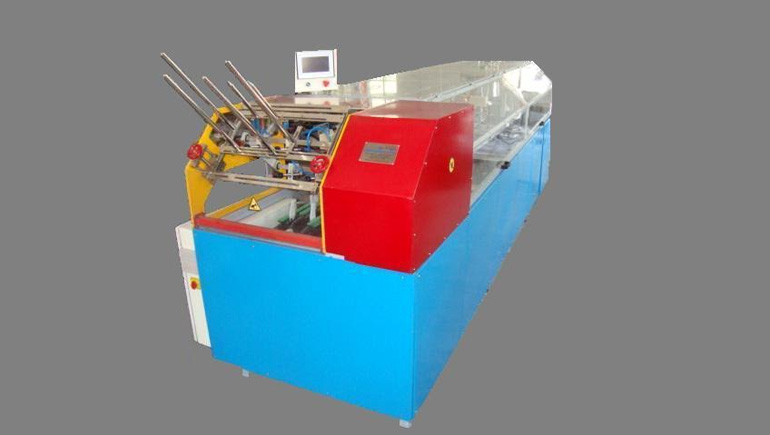Customized Process Automations
Revolutionizing Efficiency in the Modern Workplace
In today’s fast-paced business environment, organizations are constantly seeking innovative solutions to improve efficiency, enhance productivity, and reduce operational costs. One of the most transformative technologies making waves across industries is customized process automation. By tailoring automation solutions to meet specific business requirements, organizations can streamline operations, minimize human error, and redirect resources toward more strategic initiatives.
Understanding Customized Process Automation
At its core, customized process automation involves the design and implementation of automated systems that are specifically tailored to unique business processes. Unlike generic automation solutions, which may only partially address an organization’s needs, customized automation ensures that every aspect of a process is optimized for maximum efficiency.
Through a combination of technologies such as Robotic Process Automation (RPA), Artificial Intelligence (AI), and machine learning, customized process automation solutions can handle repetitive, rule-based tasks traditionally performed by human workers. This not only speeds up operations but can also lead to significant cost savings.
Benefits of Customized Process Automation
Enhanced Efficiency :
One of the most significant benefits of customized process automation is the enhancement of efficiency. By automating time-consuming and monotonous tasks, employees can focus on more value-added activities, such as strategic thinking, problem-solving, or customer engagement. For instance, a finance department might automate invoice processing, allowing staff to concentrate on analysis and reporting.
Improved Accuracy and Consistency :
Human error is inevitable, especially when dealing with repetitive tasks. Customized process automation drastically reduces the likelihood of mistakes by ensuring consistency in execution. For example, in data entry processes, automated solutions can ensure that information is always entered correctly, resulting in reliable datasets for decision-making.
Adaptability to Unique Needs :
Every business is unique, with its own set of processes, challenges, and goals. Customized process automation allows organizations to create solutions that align perfectly with their specific needs. This means businesses can leverage technology that works best for them, rather than forcing a one-size-fits-all tool that may not be fully effective.
Scalability :
As businesses grow, their processes often become more complex. Customized automation solutions are designed with scalability in mind, enabling organizations to easily adapt and expand their automated systems as their needs evolve. This flexibility is crucial in maintaining efficiency in a rapidly changing business landscape.
Cost Reduction :
By reducing the time spent on manual tasks and minimizing errors, customized process automation can lead to significant cost savings. Organizations can allocate resources more effectively, optimizing workforce utilization and reducing overhead costs related to training and onboarding.
Implementing Customized Process Automation:
Assessment and Analysis :
The first step in implementing customized process automation is to conduct a thorough assessment of current processes. Identifying pain points, bottlenecks, and areas for improvement will inform the design of the automation solution.
Designing the Solution :
Once the analysis is complete, organizations can work with automation experts to design a tailored solution. This could involve selecting the right combination of technologies, such as RPA for repetitive tasks, AI for data analysis, and cloud computing for scalability.
Testing and Iteration :
Before full-scale implementation, it is crucial to test the automated processes in controlled environments. This allows for the identification of potential issues and the validation of performance. Iterating based on feedback can ensure that the final product meets all operational needs.
Training and Change Management :
Successful adoption of customized process automation requires comprehensive change management strategies. Training employees on new systems and ensuring they understand the benefits of automation can help foster a culture of acceptance and adaptability.
Monitoring and continuous improvement :
After implementation, organizations should continuously monitor the automated processes. Gathering data on performance and outcomes can help identify areas for further optimization and refinement.
Customized process automation is not just a trend; it is a powerful strategy that can transform the way organizations operate. By tailoring automation solutions to specific business needs, companies can unlock unprecedented levels of efficiency, accuracy, and adaptability. As businesses continue to navigate a fast-evolving landscape, the potential for customized automation will be crucial in staying competitive and driving success. With the right approach, organizations can harness the power of technology to enhance productivity and focus on innovation for a brighter future.

